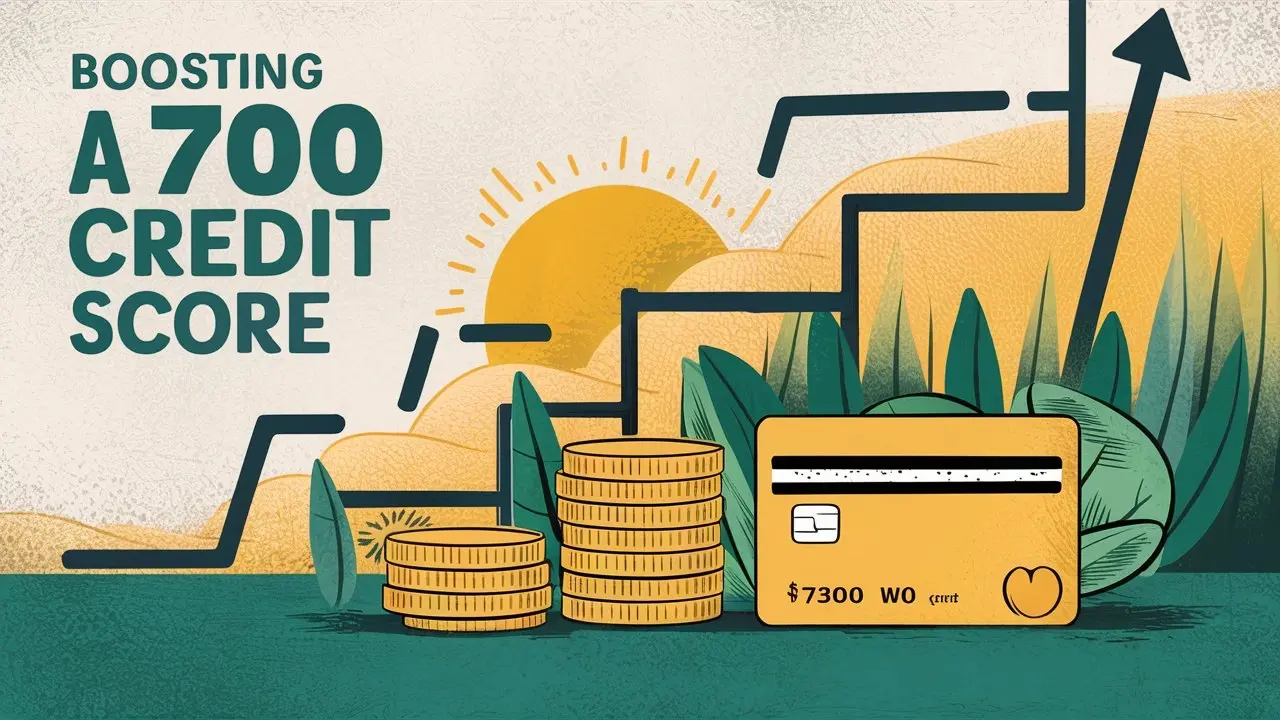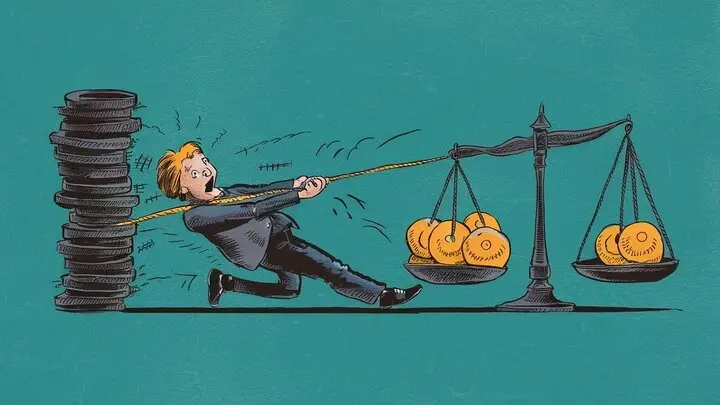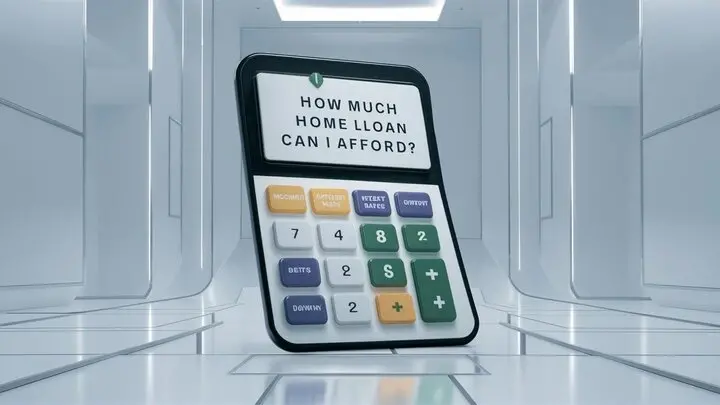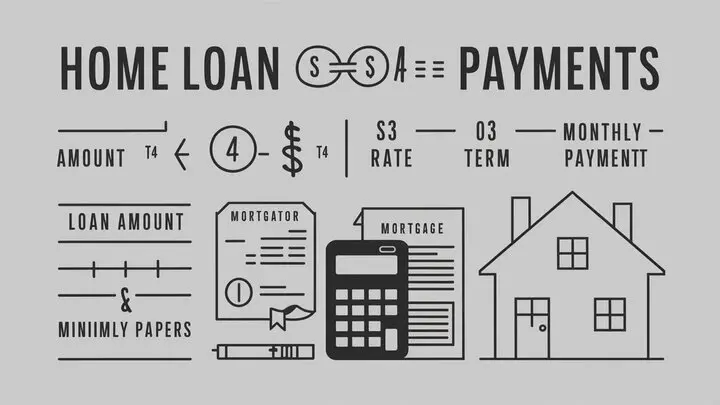
Credit score is a number that reflects overall credit worthiness based on certain aspects of your credit usage and credit history. Therefore even if you are able to meet all your bills and other debts on time always, you may realise that your credit score drops sometimes. I have listed below a few reasons that can lead to this situation.
Credit Utilization Your credit utilization ratio is a very crucial element that is used to determine your score and you need to be aware that credit card balances are checked separately from credit reports. This is the actual amount of the credit which you have been able to use at a certain point in time in reference to the total credit limit that has been given to you. It is usually advised that one should ensure that the percentage of the credit limit used should be below 30%. Still, if you consistently meet, say, the minimum payment due and pay the balance in full every month, a very high utilization rate month after month can negatively affect your score.
For instance, suppose you have a credit card and you are allowed to borrow up to $5000. For instance, if your credit card balance is $3,000 before you make any payment, that is 60% credit card utilization. This high amount of usage may have a detrimental effect on credit scores in the long run – although you pay your credit in due time. This shows that there is a direct relation between the amounts returned to Medicare and the score, and by reducing the utilization you can bring the score up again.
Closed Accounts The other reason is that the credit card has being closed either by the user or the credit card company. This is why, cancellation of old cards used in the past is always a wise decision to make. But each time you sign off an account the score reduces slightly, although this is not big enough to come in the way of your credit. This is because it reduces the total available credit limit, and therefore the plastic remains more of a financial burden than a convenience.
For instance, if you had a total of $ 20000 in your accessible credit limit across different cards. You may open a card with a credit limit of $5,000, for instance, but you may close the same card with the same credit limit. All other things being equal, you carried out a transaction that increased your credit utilization ratio from 25% to 30% – a factor that could have a very slight adverse effect to your credit score.
New Inquiries Applying for credit cards, auto loans, mortgages, and other lines of credit lead to credit inquiries on your reports. These are generally not a big problem. However, it is essential to note that making too many inquiries in a short timeframe will negatively affect your credit score slightly – even if you do not utilize the new credit lines. Therefore, if you have applied for one or more new credit cards or loans within the short time, it might make your score drop.
However, it should be noted that such types of dings do not usually harm credit scores for the long term; your score is likely to recover within several months. However, it is pertinent to keep these factors in mind so that you do not unduly get worried because of a change in your score that does not seem logical or warranted. So, if you are going to use the credit card responsibly, and that means paying on time and not carrying balances, your score will level out and not go up and down with the normal monthly changes.
Most of the time, it is best to be patient and stay on the straight and narrow to avoid a recurrence of such issues. However, if you observe that they have gone down sharply or have issues to do with the score, then you can obtain full credit reports from the three credit bureaus and contact them for clarification on any erroneous information. This can also assist in giving more understanding to the matters that have the real influence towards credit score in the long run.
Call now for expert credit repair services: (888) 803-7889
Read More:
What makes Experian score go down?
Is Experian a hard credit check?
Does Experian charge a monthly fee?
What is the current average credit score in the US?




